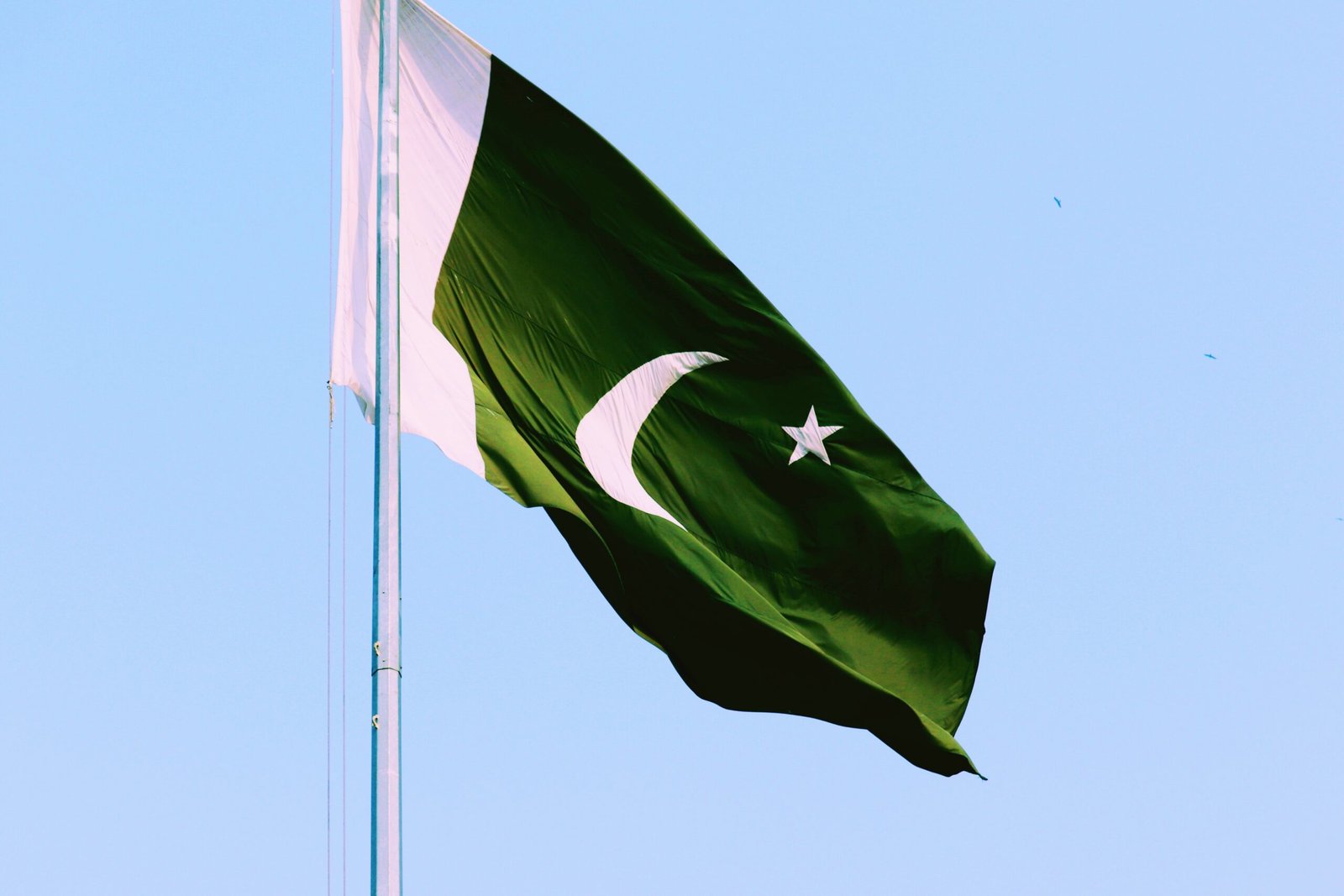
World Bank officials said Pakistan had been facing numerous economic hardships including inflation, rising electricity prices, severe climate shocks, and insufficient public resources to finance development and climate adaptation.
“Leading up to the general elections in Pakistan, the World Bank issued a straightforward warning. They emphasized that while international lenders and development partners could offer advice based on global successes and some financial support, the critical decisions and necessary course corrections must come from within the country. This report was cited by Dawn news on Saturday.
The World Bank’s Country Director for Pakistan, Najy Banhassine, outlined these challenges in a reform overview titled ‘Time to Decide,’ stating, ‘Policy decisions are significantly influenced by powerful vested interests, including those of military, political, and business leaders.’
Pakistan stands at a critical juncture, where it must choose between remaining stagnant with 40 percent of its population living below the poverty line, under the influence of elite interests, or embarking on a new path towards a brighter future.
World Bank officials highlighted Pakistan’s significant economic challenges, including inflation, escalating electricity costs, climate-related crises, and limited public resources for development and climate adaptation, despite being highly vulnerable to climate change.
They also pointed out a “silent” human capital crisis characterized by high child stunting rates, poor educational outcomes, and elevated child mortality. Pakistan’s economic model no longer effectively reduces poverty, and the reversal of previous poverty reduction achievements since 2018 is concerning.
Furthermore, the World Bank noted that Pakistan’s average real per capita growth rate from 2000 to 2020 was just 1.7 percent, well below comparable countries. Human development indicators in Pakistan lag behind South Asia and are comparable to sub-Saharan African countries, with girls and women disproportionately affected. Pakistan also faces challenges like a high number of stunted children and a large population of out-of-school children.
The World Bank recommended shifting policies towards more efficient and coordinated service delivery, targeting vulnerable populations, especially to reduce child stunting and improve education outcomes. They also suggested reallocating resources from wasteful public spending to essential public services, infrastructure, and climate adaptation investments for those in need.
Additionally, the report mentions the devaluation of the Pakistani Rupee (PKR) against the US dollar, attributed to eased import restrictions, which were part of an IMF loan program. The caretaker government is dealing with economic challenges, high inflation, and political tension as the country heads toward a national election.
Pakistan faces an economic crisis, and while it secured an IMF deal, implementing the imposed conditions has proven challenging, including additional taxes and expenditure cuts in the budget.
Pakistan is grappling with an unprecedented economic crisis marked by soaring inflation and foreign exchange reserves that can barely cover a single month of controlled imports. Analysts warn that without the IMF deal, this crisis could have escalated into a potential debt default, making it one of the most severe economic challenges the country has faced in decades.






